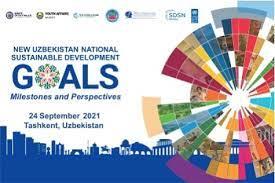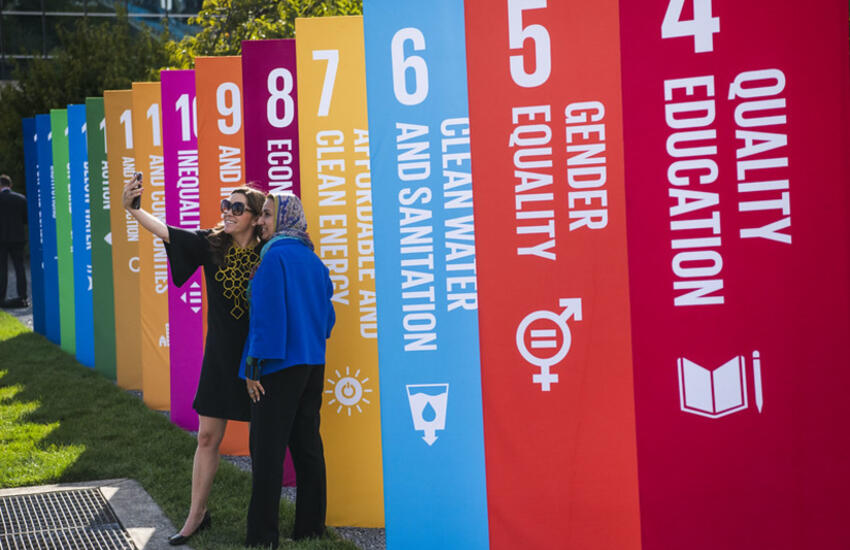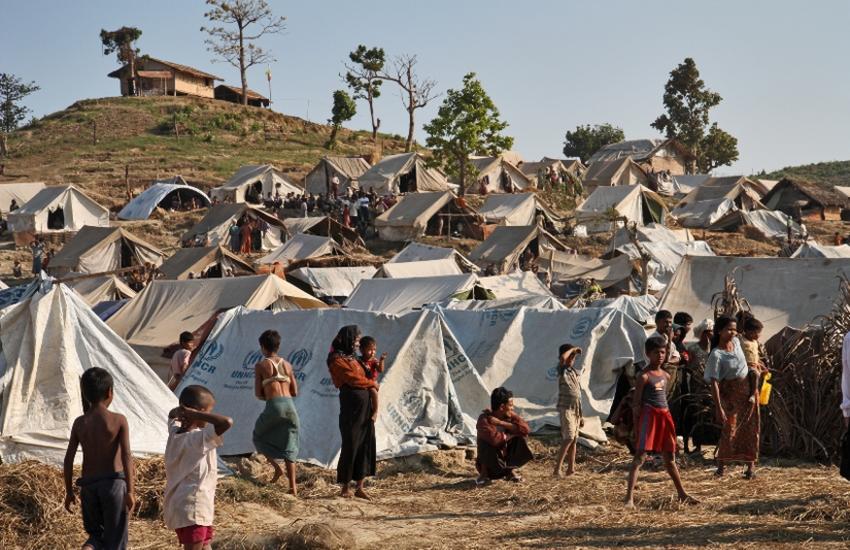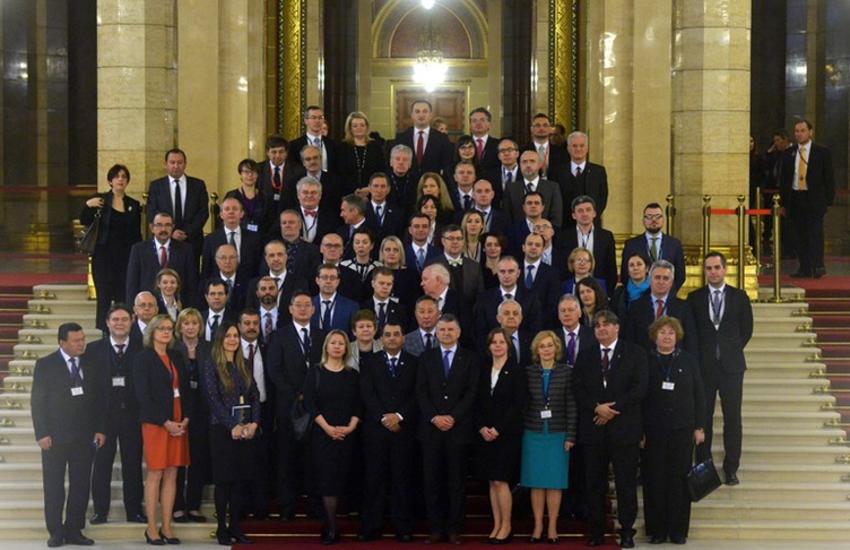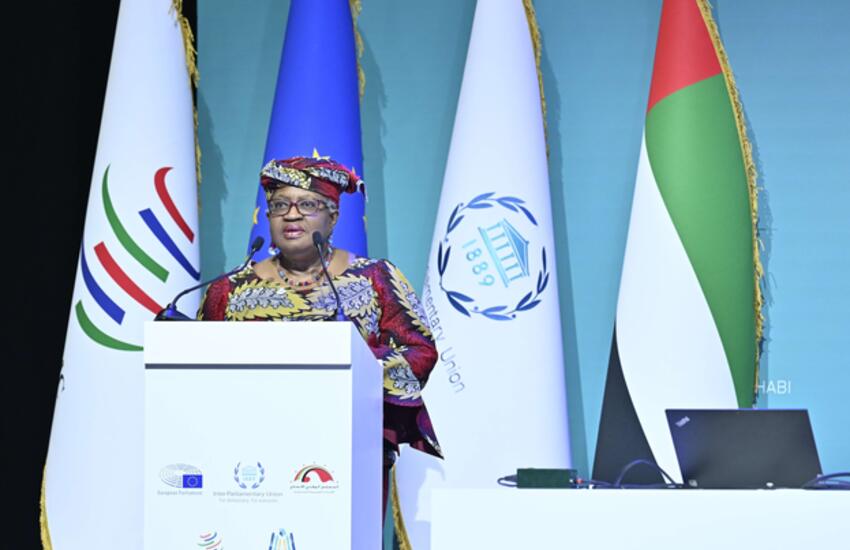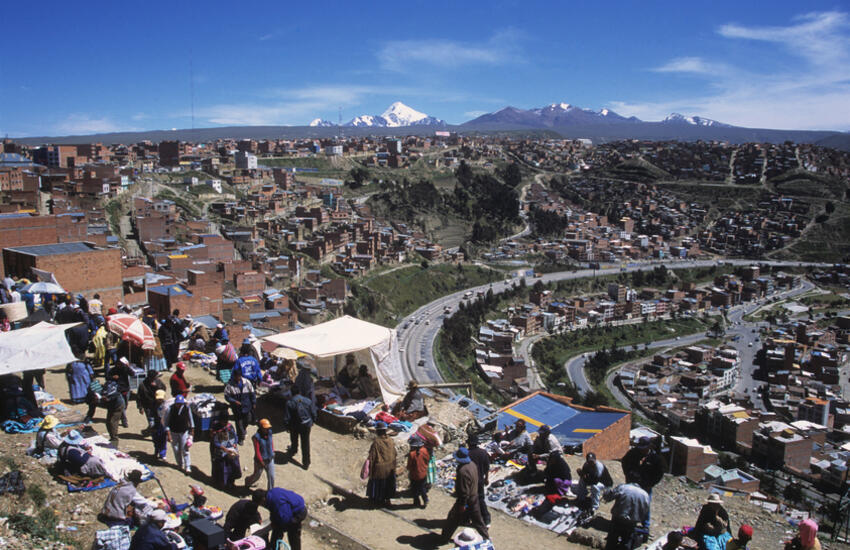Uzbekistan's Parliamentary Commission on monitoring the implementation of national priorities and the SDGs is mandated to mainstream the SDGs across the core functions of Parliament, with a focus on strengthening parliament’s role in monitoring and overseeing government policies and actions. The SDG Commission’s particular priority is to ensure accountability for the efficient and effective delivery of sectoral reforms, in line with the country’s commitments to the 2030 Agenda for Sustainable Development.
SDG integration into parliament’s core functions
The SDG Commission communicates regularly with other parliamentary commissions to facilitate the coordination and alignment of various legislative initiatives with nationalized SDG targets, and to elaborate reform packages to accelerate implementation. It also collaborates with the United Nations Development Programme to strengthen capacities and expertise to conduct routine oversight activities. Additionally, the Commission works to enhance parliamentary means for public engagement and inclusion, and to promote policy coherence through hearings and expert discussions with key national entities and inquiries. This work includes coordinating with the government by holding quarterly hearings on the progress in major socioeconomic and healthcare reforms, and the development of special parliamentary monitoring tools.
The Commission actively cooperates with the SDG Coordination Council, which is headed by the Prime Minister and the Ministry of Economy, fostering a “whole-of-government” approach. It hears and reviews on a quarterly basis the progress reports prepared by the government on SDG implementation. The SDG Commission, which was established at the onset of the COVID-19 pandemic, also put emphasis on the importance of leveraging plans for joint resource mobilization, digitalization, and risk assessments.
Special events are regularly organized on critical cross-cutting issues and specific themes aimed at awareness raising, gathering of feedback, inputs, and supplementary information, and mobilizing and coordinating the efforts of different stakeholders.
Results and impact
Among the SDGs Commission’s other core functions is the harmonization of laws and legislative acts with the SDGs. To this end, it engages in consultative and expert meetings with other thematic parliamentary commissions and the Council of the Legislative Body. In parallel, Commission members engage with civil society, academics, technical experts, and others with specialized knowledge to share data and information and discuss their views and concerns regarding implementation of the relevant legislative acts. The Commission supports continuous capacity building, awareness raising and training of MPs and parliamentary staff to ensure the gradual incorporation of the SDGs in the corresponding national targets.
During the preparation of the first Voluntary National Review in 2020, the SDG Commission actively engaged in the assessment process to identify the critical gaps and challenges that stood in the way of further progress on the SDGs in Uzbekistan. It examined the country’s progress against the nationalized SDG targets by: studying the interim progress reports prepared by the Inter-Ministerial Coordination Council on SDGs; meeting with different stakeholders and constituencies to discuss misleading information and review supplementary and non-official data; analyzing the legislative framework in terms of an enabling environment; and encouraging the deeper involvement of citizens at regional and community levels. The conclusions of this process were formulated as recommendations to Parliament and the government for future improvements of relevant legislation, and socioeconomic policies and programmes.
Challenges and lessons learnt
The development and adaptation of a national SDG indicator and accountability framework that, on one hand, are harmonized with the global indicator framework, and on the other, reflect specific contextual factors and the country’s realities pose challenges for both government officials and MPs. The situation is particularly problematic when it comes to the methodological development and metadata identification of the national SDG indicators due to various capacity gaps, technical issues, and human and financial constraints.





